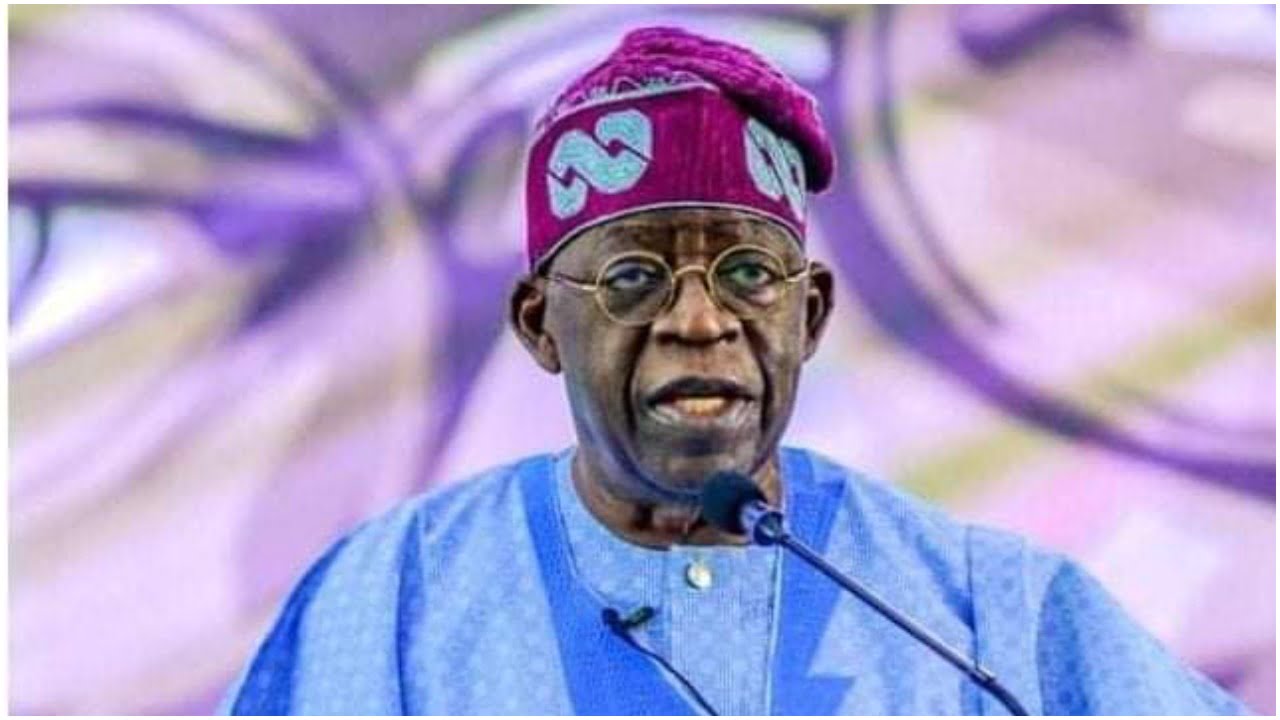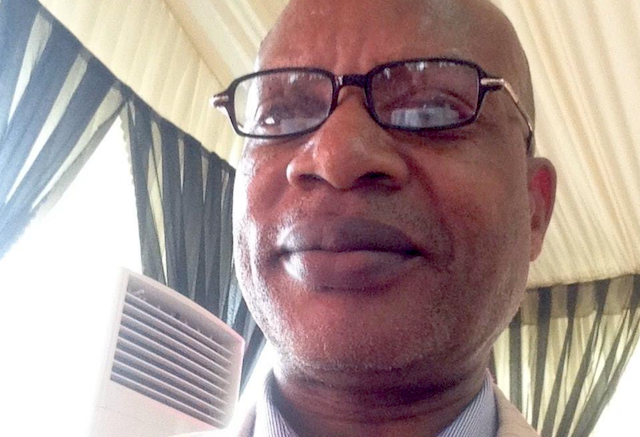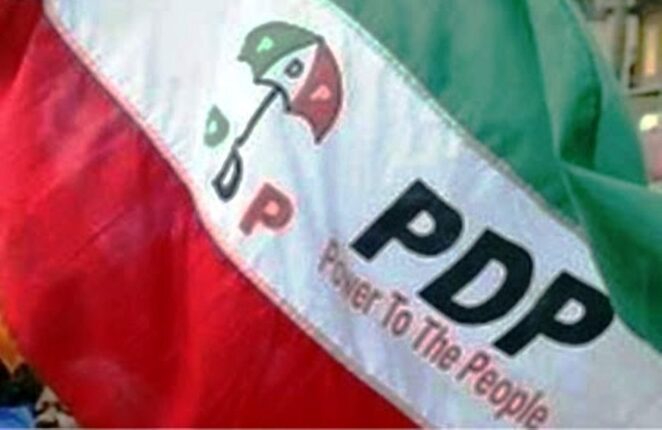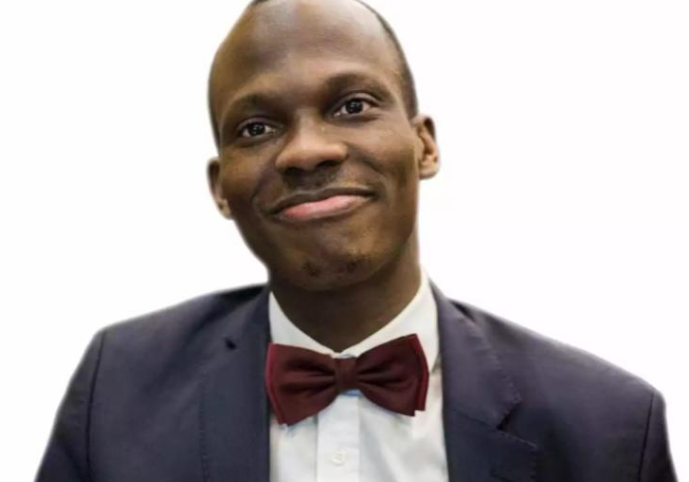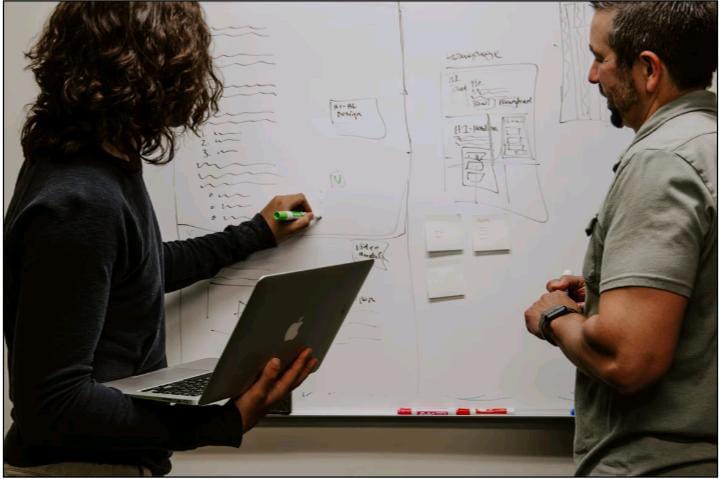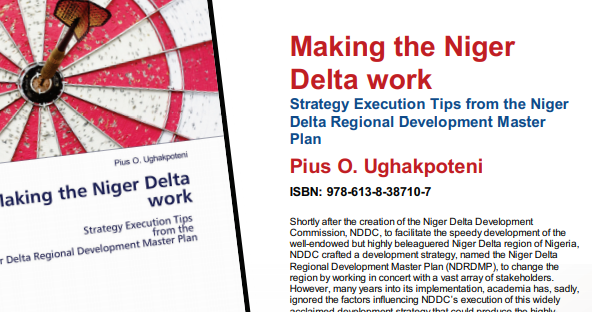Title: Making The Niger Delta Work, Strategy Execution Tips From The Niger Delta Regional Development Master Plan
Author: Pius O.Ughakpoteni
Pagination: Not Specified
Reviewer: Emman Ovuakporie
ISBN:ISBN: 978-613-8-38710-7
Publisher : Lambert Academic Publishing
The book titled Making the Niger Delta Work is unarguably the first in this clime to delve into strategies and tips that could be adopted to make the oil rich Niger Delta region of Nigeria find its bearing and navigate to safety.
Shortly after the creation of the Niger Delta Development Commission, NDDC, to facilitate the speedy development of the well-endowed but highly beleaguered Niger Delta region of Nigeria, NDDC crafted a development strategy, named the Niger Delta Regional Development Master Plan (NDRDMP), to change the region by working in concert with a vast array of stakeholders.
However, many years into its implementation, academia has since ignored the factors influencing NDDC’s execution of the widely acclaimed development strategy that could produce the highly desired change in the Niger Delta. Thus, strategic leaders of NDDC and other Niger Delta stakeholders are hamstrung by the lack of empirical data to understand and handle properly the fact influencing the NDRDMP execution. This book focuses on the NDRDMP as a change strategy and the desirability of its successful execution. It examines props and obstacles to execution of the NDRDMP and makes practical proposals, which should be helpful to all top executives and leaders with stakes in the Niger Delta.
About The Author
Pius, a Director at the Niger Delta Development Commission, NDDC, is an adaptable, thoughtful, respectful, and analytical team player with 30 years’ experience that spans journalism, management, public relations, and practice-driven research across Nigeria’s private and public sectors, as well as universities in England and Switzerland. He is a part-time doctoral candidate at Business School Lausanne, who is passionate about working with C-suite executives in Nigeria on corporate sustainability performance (CSP) advancement.
Pius’s areas of expertise include: Research, Writing, Public Relations, Collaboration and Stakeholder Engagement. His research interests lie at the intersection of leadership, sustainability, innovation, change and strategy implementation. He is fascinated by collaboration and constructive engagement for change as well as by questions around how to work with top executives to advance corporate sustainability performance for the good of all.
Before adding practice-driven academic research to his bouquet of engagements, Pius had, during his private and public sector careers:
• Collaborated successfully with other journalists- veterans and greenhorns- as a member of the pioneer teams that established two thriving national newspapers in Nigeria: THISDAY and LEADERSHIP. This reinforced his strong need for achievement and ability to work efficiently with others in a team as well as equipped him with work attributes that are transferable to other settings.
• Worked with senior and junior colleagues to refocus and strengthen the employee-oriented newsletter and the external stakeholder-oriented magazine of the Niger Delta Development Commission as reliable media of communicating with the organisation’s diverse publics to elicit their understanding and support.
• Assisted in broadening and deepening media coverage of the Niger Delta Development Commission by working in collaboration with colleagues within the organisation as well as with external print, electronic and new media practitioners to foster and improve public awareness of, and support for, the Commission’s development projects and programmes.
Goal
To apply my knowledge, skills, and abilities, working in concert with others, to conduct research and undertake programmes that will position NDDC in the minds of government officials, opinion leaders, youths, private sector executives, statutory funding organisations and foreign aid agencies as an organisation that delivers projects and programmes which meet the needs of the people in a cost-effective, efficient, timely and transparent manner within the next few years.
Key Skills
Communication: I have strong writing, listening, and speaking skills which I can use at all levels, with all sorts of people.
People and Relationships: I have a genuine concern for people, value their contributions irrespective of status, see others’ perspectives, understand, and empathise with them.
Leadership: I know how to influence people to co-create or buy into a compelling vision that they will willingly actualise. I am versed in facilitating individual and collective efforts to attain collective objectives.
Work Experience
January 2020 – Present
Director, Media Relations
Niger Delta Development Commission, Port Harcourt
June 2017 – December 2019
Deputy Director, Media Relations
Niger Delta Development Commission, Port Harcourt
July 2016 – May 2017
Deputy Director, Culture
Niger Delta Development Commission, Port Harcourt
January 2016 – June 2016
Deputy Director, Media Relations
Niger Delta Development Commission, Port Harcourt
October 2015-December 2015
Assistant Director, Media Relations
Niger Delta Development Commission, Port Harcourt
January 2012 – September 2015
Assistant Director, Publications
Niger Delta Development Commission, Port Harcourt
January 2008 – December 2011
Principal Manager/Head, Publications
Niger Delta Development Commission, Port Harcourt
December 2004 – December 2007
Senior Manager, Publications
Niger Delta Development Commission, Port Harcourt
August 2004 – December 2004 Associate Editor
Leadership Newspaper, Abuja
April 2004 – July 2004 Group Political Editor
The Abuja Inquirer, Abuja
December 1999 – June 2003 Chief Liaison Officer (Public Relations)
Office of the Special Adviser/Presidential Liaison Officer (Senate), The Presidency, Abuja
February 1994 – June 1997 Political Correspondent/Energy Correspondent
THISDAY Newspapers, Lagos
Education
October 2018 – Present Business School Lausanne, Chavannes, Vaud, Switzerland
Doctor of Business Administration, Business Transformation & Entrepreneurship, C-Suite leadership for corporate sustainability performance advancement
October 2014 – September 2017 Henley Business School, Henley on Thames,
University of Reading, United Kingdom
Master of Science, Business and Management Research
October 2012 – November 2014 University of Cumbria, Carlisle, United Kingdom
Master of Business Administration, Leadership and Sustainability
September 2011 – November 2012
November 2012 York St John University, York, United Kingdom
Master of Arts, Leading Innovation and Change
The PR Academy, Maidstone House, Maidstone, United Kingdom Chartered Institute of Public Relations (CIPR) Diploma Public Relations
October 1988 – July 1991
University of Calabar, Calabar, Cross River, Nigeria
Bachelor of Science (Honours), Management
1981 – 1983
Auchi Polytechnic, Auchi, Nigeria
National Diploma, Business Administration
September 1974 – 1979
Government College, Ughelli, Nigeria
West African School Certificate
1970 – 1974
St Paul’s Primary School, Ughelli, Nigeria
Theses
Pius O. Ughakpoteni: Applicability of Leadership-related Drivers of Sustainability in Niger Delta Development Commission. 07/2014, DOI:10.13140/RG.2.2.14037.32484
Pius Ughakpoteni: Main Props and Obstacles to the Implementation of the Niger Delta Regional Development Master Plan (NDRDMP) by the Niger Delta Development Commission (NDDC). 11/2012, DOI:10.13140/RG.2.2.34169.98402
Research Experience
October 2018 – Present Doctoral candidate
Business School Lausanne,
Chavannes, Vaud, Switzerland
October 2014 – March 2015 Research Associate
Henley Business School, University of Reading,
Henley on Thames, England, United Kingdom
October 2012 – November 2014 Graduate Student
University of Cumbria,
Carlisle, England, United Kingdom
September 2011 – November 2012 Graduate Student
York St John University,
York, England, United Kingdom
Awards
July 1991
July 1991
December 2007
June 2012 Utuks Group of Companies Prize for Best Graduating Student in the Department of Management Studies
United Bank for Africa Prize for the Best Graduating Student in Business Administration
Niger Delta Development Commission Best Senior Staff Award 2007 (Corporate Affairs Department)
Licences & Certifications
Certified Management Consultant – Institute of Management Consultants Nigeria
Fellow – Institute of Management Consultants Nigeria
Skills & Activities
Skills Management, Leadership, Innovation, Change Management, Strategic Thinking, Strategic Management, Computer Literate, Writing, Editing
Languages English
Scientific Memberships Nigerian Institute of Management; African Academy of Management; Academy of Management; British Academy of Management; European Academy of Management; International Leadership Association
Mentor Henley Business School Mentoring Programme 2021
Books
Pius O. Ughakpoteni: Making the Niger Delta work: Strategy Execution Tips from the Niger Delta Regional Development Master Plan. 06/2018; LAMBERT Academic Publishing. ISBN: 978-613-8-38710-7
Journal Publications
Pius Ughakpoteni: Top Management and Leadership Antecedents of Corporate Sustainability Performance: A Scoping Review. SSRN Electronic Journal 06/2015.
Pius O. Ughakpoteni: Applicability of Leadership-Related Drivers of Sustainability in Niger Delta Development Commission. SSRN Electronic Journal 01/2014; DOI:10.2139/ssrn.3107655
Pius O. Ughakpoteni: Main Props and Obstacles to the Implementation of the Niger Delta Regional Development Master Plan (NDRDMP by the Niger Delta Development Commission (NDDC). SSRN Electronic Journal 01/2012; DOI:10.2139/ssrn.3107646
Pius O. Ughakpoteni: Obstacles to the Empowerment of Public Relations as a Strategic Management Function in the Niger Delta Development Commission. SSRN Electronic Journal 01/2012; DOI:10.2139/ssrn.3121928
Other Information
Date of Birth: 26th June 1964
Hometown: Eruemukohwarien, Ughelli
Local Government Area/ State of Origin: Ughelli North, Delta State, Nigeria.
